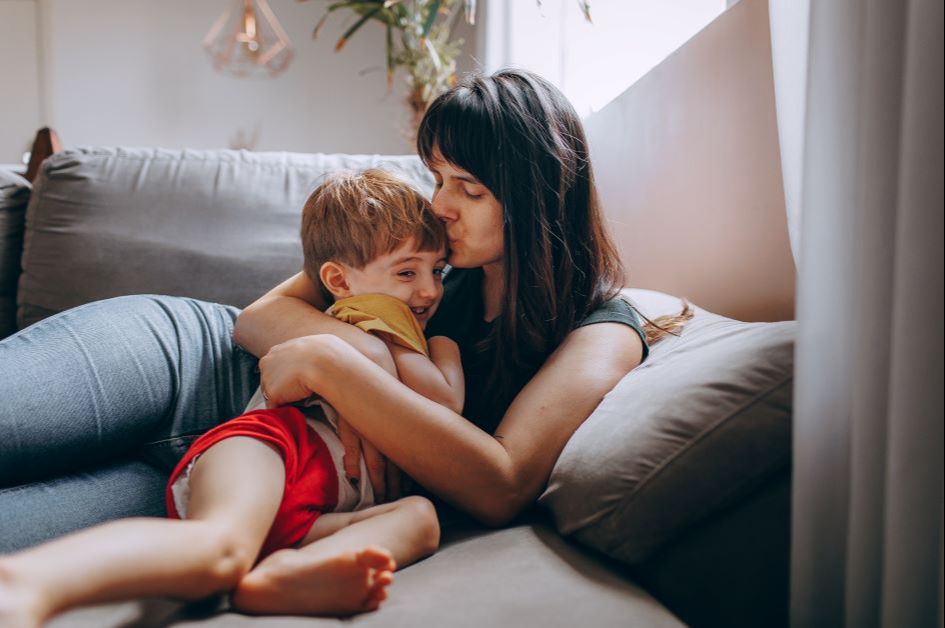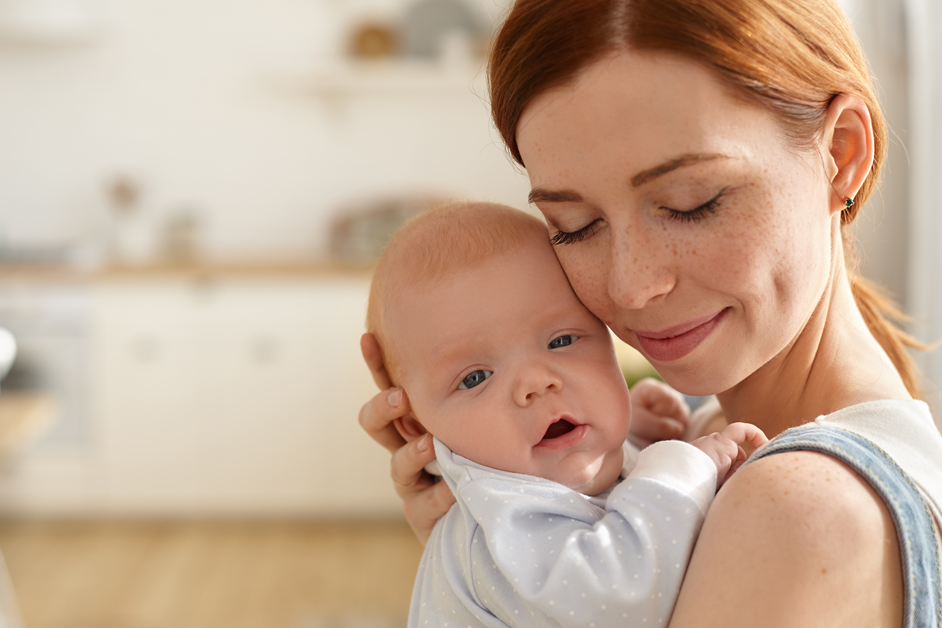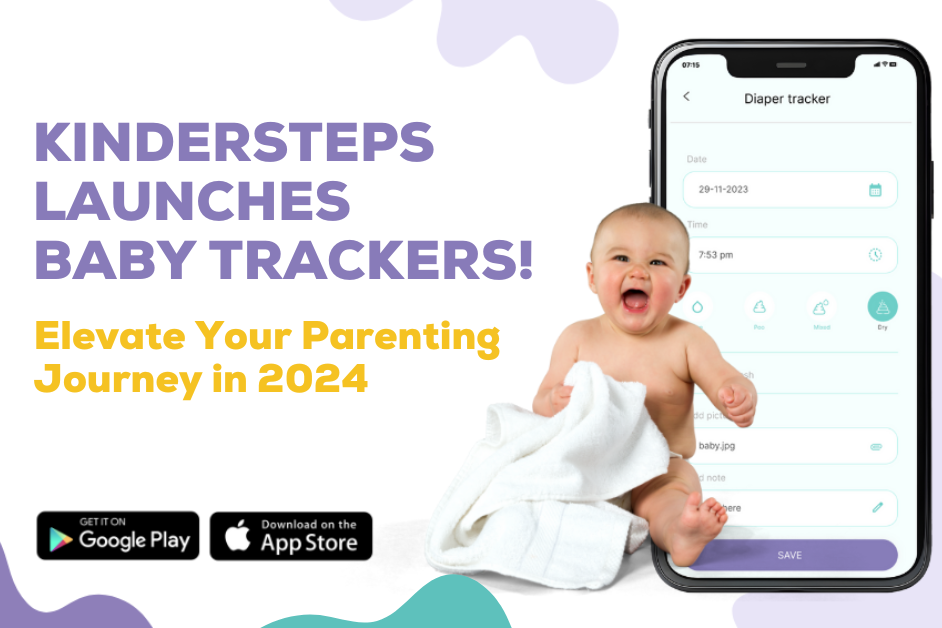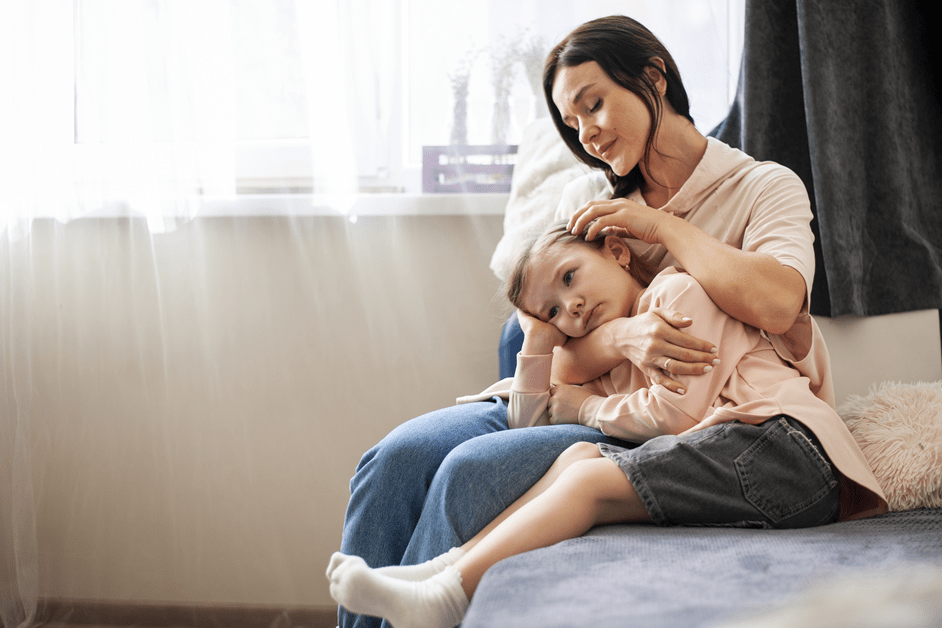While children of all ages can be affected by peer pressure, it can be either positive or negative. While positive peer pressure inspires a child to achieve their full potential and make the right choices, negative peer pressure on the other hand can lead them down a dark path and make them feel helpless.
The desire to "fit in" and be accepted can lead to inappropriate behavior and can have lifelong consequences. Thus, resistance to negative peer pressure is a skill that must be learned and developed. Helping your child notice negative peer pressure and teaching them how to deal with it can improve their overall life projection.
Why do children succumb to peer pressure?
Every situation is unique, however, some of the most prevalent causes of peer pressure and its consequences are:
Low self-confidence
Problems at home or a lack of support system
Exclusionary fear
Ways to teach children to deal with peer pressure
While there are various ways to deal with negative peer pressure, the following strategies can assist your child in overcoming such scenarios with confidence:
Stop and think first
Remind your child to take a moment before reacting to peer pressure. Taking a deep breath and thinking about the consequences before reacting will allow them to respond more thoughtfully. This will also make them less likely to succumb to negative peer pressure.
Develop confidence and self-esteem
When children feel good about themselves, they are less susceptible to peer pressure. So, help your child understand the difference between social adjustment and people-pleasing so that they are less vulnerable to negative influences in their lives. Teach children to be self-assured and assertive in their choices and activities so that they can develop a strong sense of self-worth.
Build up their decision-making abilities
As a parent, it’s also important that you delegate day-to-day decisions to your children rather than making every decision for them. Stop instructing them on what they should do, and how they should do it. If you want them to be self-sufficient and confident, allow them to learn by making their own decisions and offering your support and guidance. In addition, remember to praise them.
Model saying “No”
Tell your child that saying no to something you don't want to do or agree on, is okay. Practice saying no with your child, and make sure he or she has the skills to follow through when the time comes.
Discuss with them what it means to be a good friend
Peers affect a child's mental and physical health, as well as their self-esteem. As a result, make your child understand what it is to be a friend. This not only will assist them in choosing the right friends, but also teaches them how a good friend can be supportive even when they don't agree. After all, true friendship is about accepting one another's differences and respecting their choices.
Learn about their friends
Getting to know your child's friends is not intrusive. Encourage your kids to bring friends home often so you can get to know their circle. Knowing their peers will help you determine whether they are positive or negative influences. Understanding how their social circle's function and whom they lean toward might help you intervene at the right time.
Everybody experiences peer pressure at some point in their lives, so it’s important to teach your child how to deal with it the right way.






.jpg?alt=media&token=166b64a9-274c-400c-95e4-baf0013e7e43)
